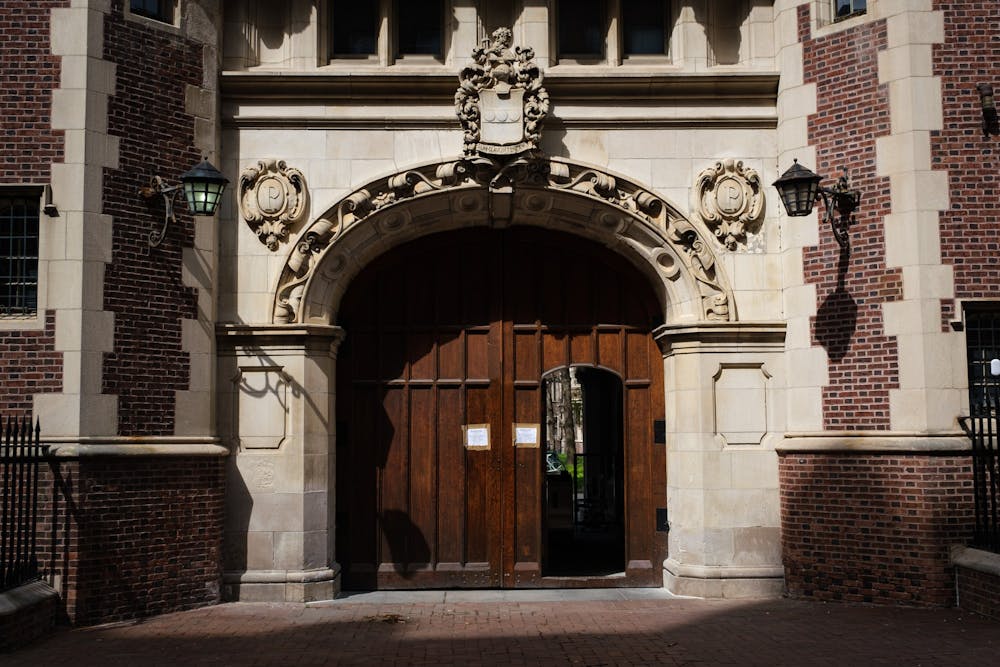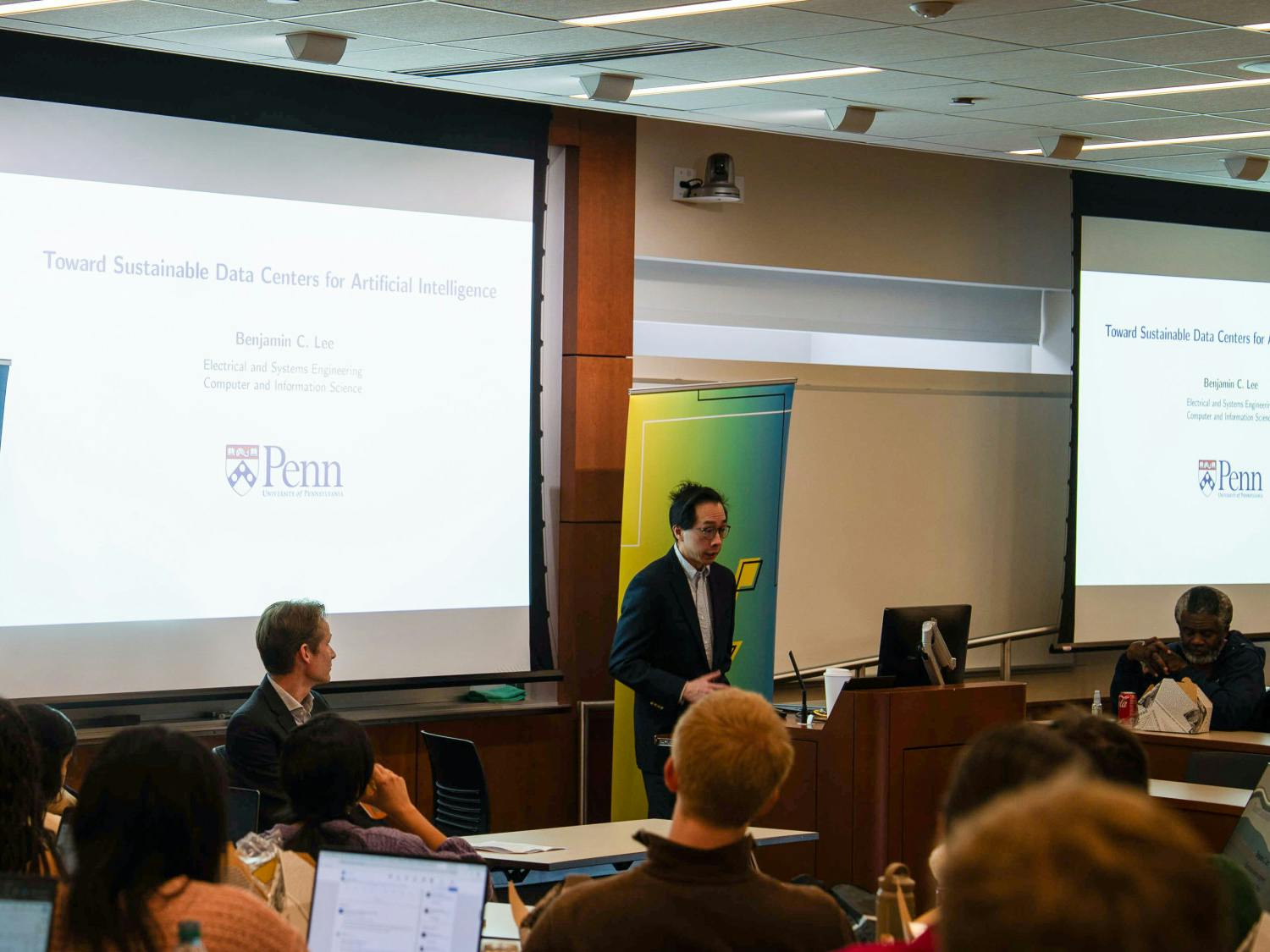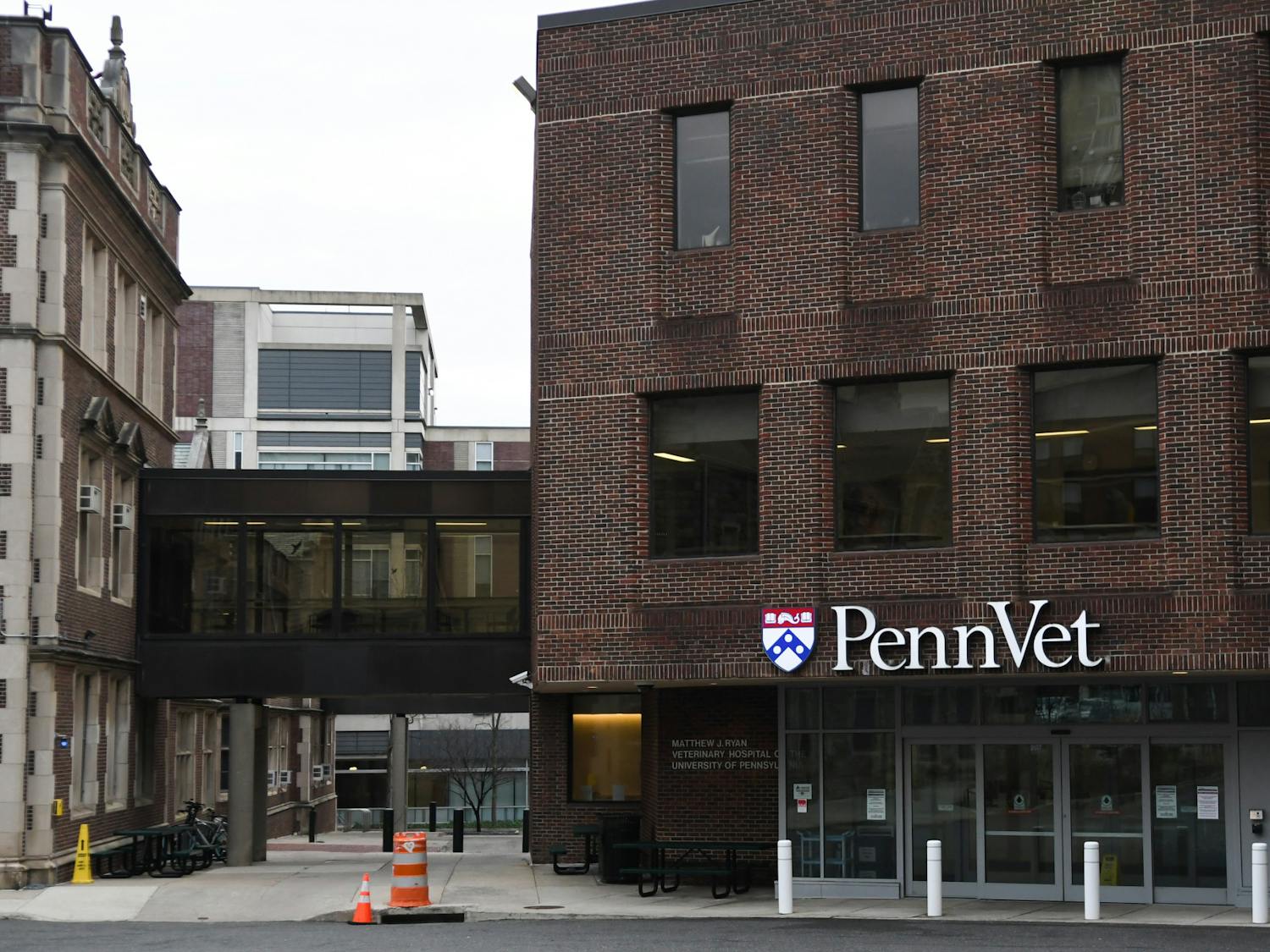While students have received housing and dining reimbursements, Residential Advisors and Graduate Associates are frustrated that the current reimbursement policy does not apply to them.
Sixty RAs and GAs sent a letter to College Houses and Academic Services arguing that RAGAs and on-campus residents who left campus in mid-March should receive credits or full housing refunds from the period of March to May, regardless of financial aid status.
The April 27 letter included 60 signatures from RAGAs who lived in 11 of the 12 College Houses, along with two signatures from College House faculty.
“I think Penn doesn’t think that they have to compensate us [RAGAs] for housing because we didn’t pay for it, but I would argue because our work is in our payment, rising College senior and Quad RA who identifies as the primary author of the letter said. "Then, we should still be paid for it.”
RAGAs do not pay for on-campus housing because it is included in their compensation.
The primary author of the letter added that RAs are additionally not eligible for work-study and several other grants because CHAS lists the RA position as a $10,600 grant in their financial aid portfolios. In the letter, RAGAs argue that Penn’s current prorated housing reimbursement policy, which is based on family contributions, does not account for their entire loss in financial aid.
The letter also describes how RAGAs are being denied part of their compensation due to inflexible housing policies. After the Penn community was evacuated off-campus in mid-March, only some RAGAs were permitted to remain on campus while the others' requests to stay on campus were rejected. Those whose petitions were rejected by the University said they find Penn's housing policy unfair, as the RAGAs who stayed on campus benefitted from their housing credit while they could not.
The RAGAs also claim that all on-campus residents forced off Penn’s campus due to the pandemic should be compensated for the limited assistance and financial support Penn has provided, especially for first-generation, low-income and international students.
RELATED:
Over 200 profs. sign letter demanding U. use endowment to protect grad students
GAs were told they could stay on campus until June. Now, they are being urged to leave.
Some of the issues the letter specifically highlights involve students being denied the request to stay on campus and receiving delayed reimbursements for flights. FGLI students, as stated in the letter, have also raised concern regarding debit cards that were provided by the Penn administration for food, which the primary author of the letter wrote only lasted for the month of March, rather than the entire semester.
After being rejected by Penn administration to stay on campus, a rising Wharton senior and Hill College House RA said they recall leaving with only a few days notice and being concerned about trying to pack up their belongings because they live out of state.
The Hill RA, who signed the open letter, said several Hill RAs contacted Director of Four-Year Houses and Residential Programs Ryan Keytack and Director of First-Year Houses and Paraprofessional Staff Training Licinia Barrueco Kaliher from CHAS, who then directed them to speak with Student Financial Services. SFS then told the Hill RAs to again speak with CHAS, they said.
“It felt like anytime we would reach out to anyone, it was either deflected or pushed off like it should be someone else’s responsibility,” the Hill RA said.
Keytack and Kaliher from CHAS did not respond to requests for comment.

A resident moving out in March.
Penn Student Registration and Financial Services listed on its website that housing charges would be returned to on-campus student residents from March 17 to May 13, and be calculated based on a student’s expected family contribution as a percentage of the standard 2019-2020 cost of attendance. SRFS began reimbursing housing credits to students' accounts on April 22.
Ryan Afreen, a FGLI student and rising College sophomore, said, “Many of us were a little shocked to learn that Penn is only reimbursing the money based on family contribution, which means that those of us who are scholarship students and who are getting a full ride wouldn't be receiving anything if our parents were not contributing a single penny.”
The primary author of the letter said she contacted SRFS multiple times through emails with questions about RAGAs’ and on-campus residents’ housing aid beginning on March 18. She did not receive a response until mid-May.
Shortly after the decision was made to move classes online, CHAS told GAs they could remain in their on-campus housing until June 1. Five days later, CHAS sent another email stating GAs must apply to stay in their college houses.
“They [CHAS] shouldn't have made promises to us about the housing situation that they weren’t able to maintain,” 2020 Graduate School of Education graduate and former Stouffer GA Jax Lastinger said. “It wasn’t clear why we were applying [to stay on campus] when we had been told previously that we could stay.”
Lastinger, who signed the open letter, received approval to stay on campus, but left after the administration recommended all GAs leave campus if possible , even if they were accepted to stay in campus housing. After leaving campus, Lastinger reached out to Keytack and Kaliher for financial support with moving costs, and was rejected.
Lastinger said Graduate Employees Together — University of Pennsylvania, a union for graduate student-workers, has advocated for GAs during this time and addressed their needs through conversations and open letters.
In GET-UP’s March petition addressed to President Amy Gutmann and the Penn administration, the organization included a clause that said, “Provide housing for GAs (Graduate Associates). The GA contracts guaranteed secure and safe housing until June 1, 2020; the University must stay true to the contract by providing housing, utilities, including internet paid for by the University, and all other necessary amenities necessary to survive quarantine in the state of a global emergency.”
GAs' contracts provide them with rent-free housing for the entire school year, although many of them vacated their on-campus residences when students were told to leave campus in March.
A second-year RA of a first-year College House and Wharton student added that RAGAs should be compensated because they have continued to play a critical role in their residents’ lives, even when they are not together on campus.
“Just because we are physically not in the dorm, doesn’t mean all of a sudden our residents don’t exist anymore,” they said. “They’re still our [first years] that we care about very much.”









